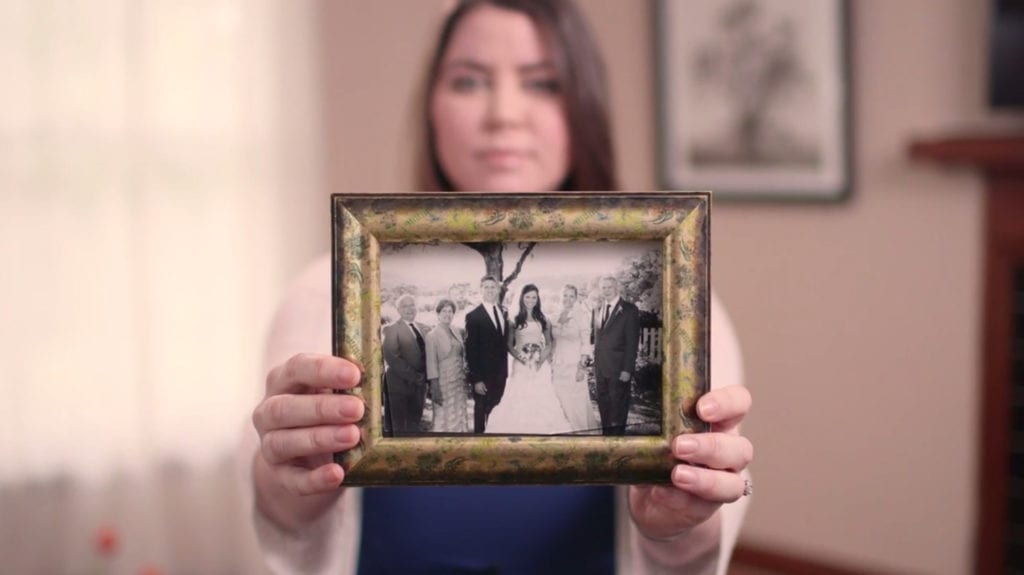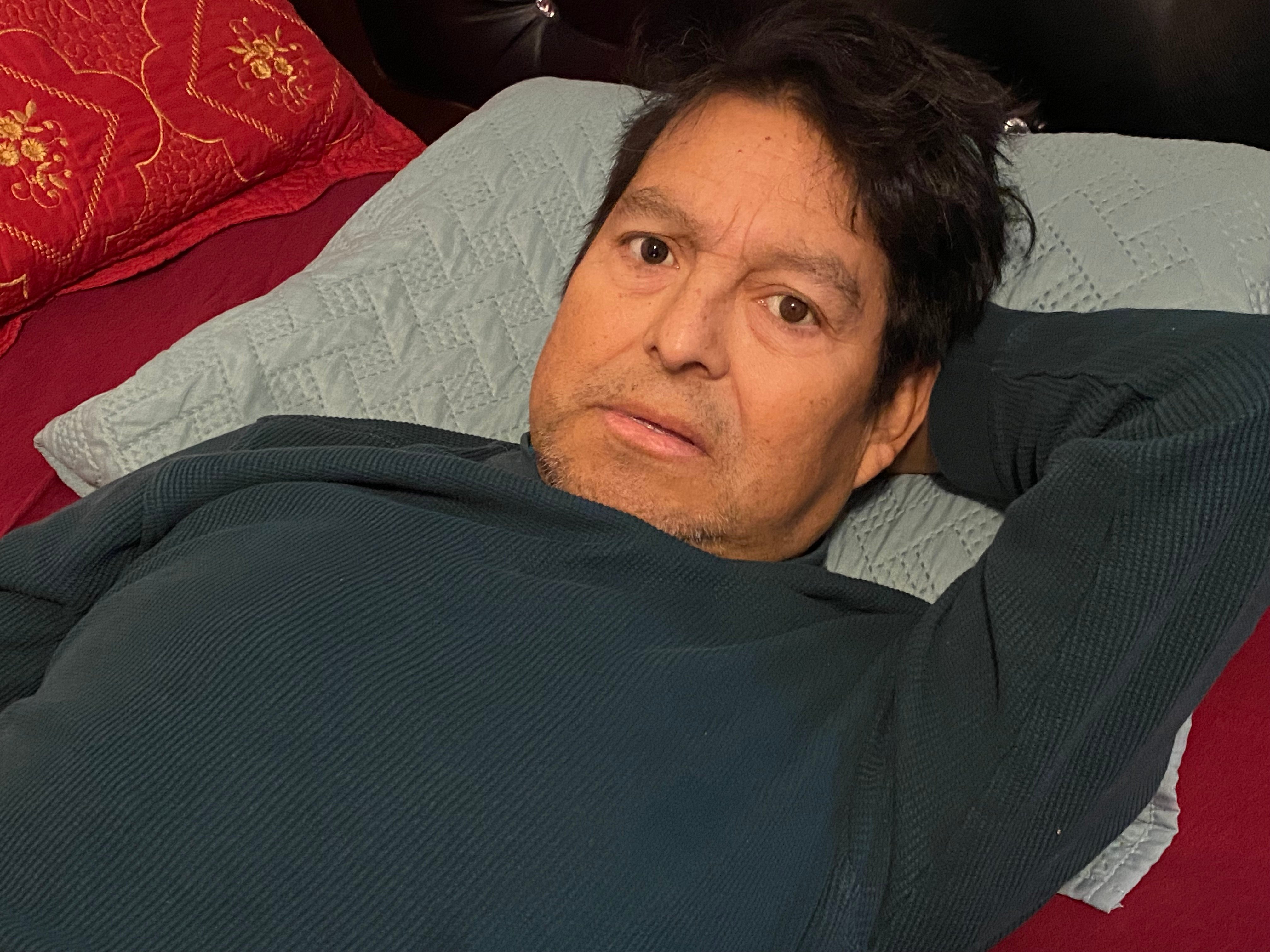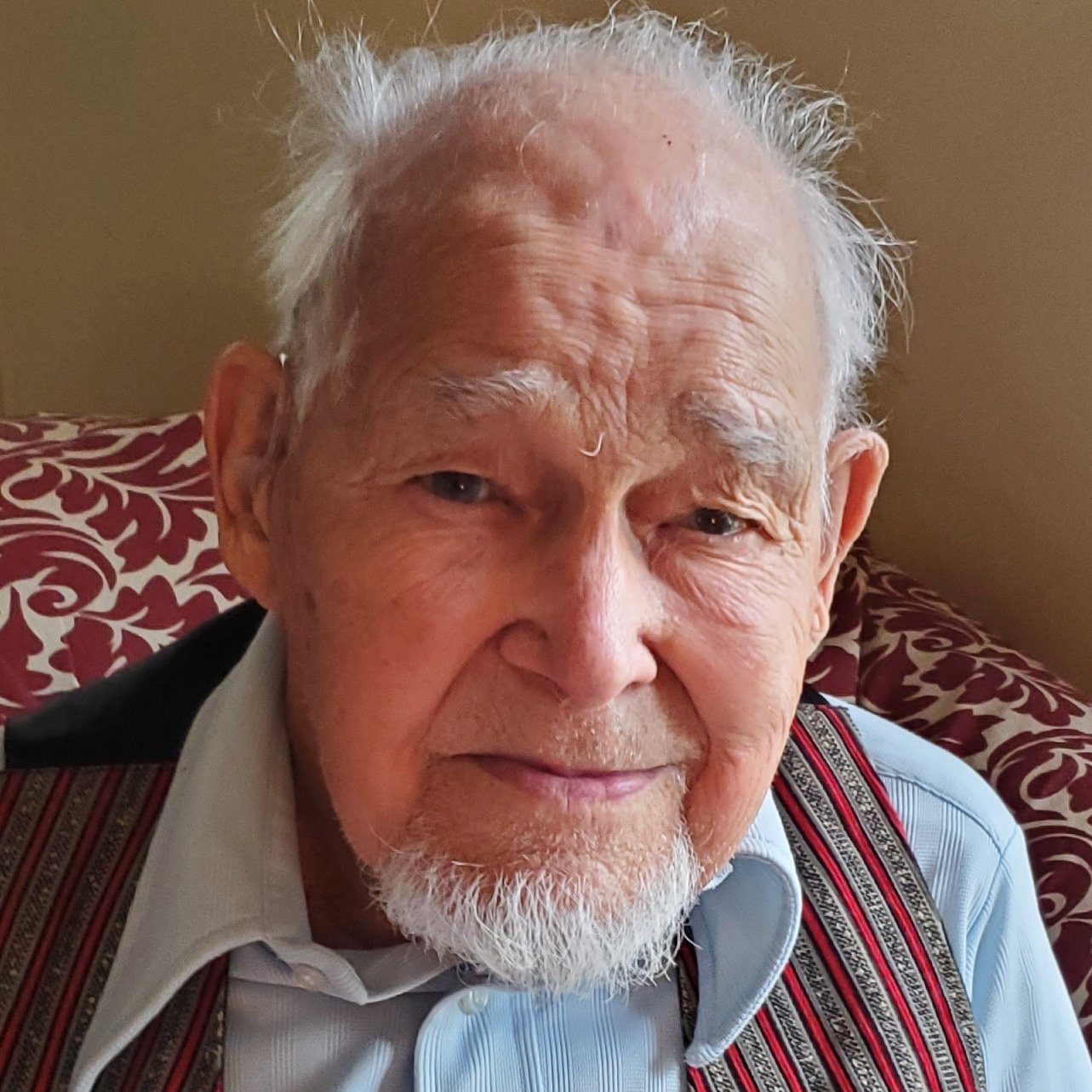Joy shared her story in November of 2022.
My wife, Kim Hoffman, spent the last two years of her life advocating for the option of medical aid in dying. She passed away on January 18, 2022, and I continue her relentless efforts to pass aid-in-dying legislation in Connecticut.
Kim and I met at the end of 2008 at what ended up being a women’s meetup. I was invited by a friend to join her and a few of her friends for a short trip to Northampton, Massachusetts – an older, quaint town about an hour away. Next thing I knew, there were 20 women; I didn’t know it was a meetup until that moment. We all broke into groups to walk around town, and in the evening, we all met at a brewery for dinner. By then, there were probably 30-40 women, and one of the only open seats was across from me. Kim walked in, asked if she could sit there, and we started to get to know each other. She shared that she was running a 5k the next day, and a couple of friends around me talked about maybe showing up and cheering her on. I didn’t know where this 5k was; all I knew was it wasn’t in my town, so I didn’t show up. It was a big disappointment for her, but she forgave me, and I made up for it. In the 13 years we spent together, we would plan vacations around 5ks. We’d pick an area and then search for any races going on nearby. It made her day to run races.
Kim was impressive, energetic and talented. When she was focused on something, she gave it her all. She was an overachiever and never did anything halfway; she had three master’s degrees, and she was a masterful musician. If something was broken, she would figure out how to fix it. One time I came home and the whole bathroom was torn apart.
She was also the most generous and genuine person I knew. She would give you her last dollar and the shirt off her back. She would regularly bring pizza and other treats to her medical team. And she didn’t care if someone didn’t agree with her; she always stood firm on her principles and never agreed with anyone just to please them.
Kim felt she could tackle anything, and that’s how she approached her cancer diagnosis. She’d research her treatments and keep fighting. In the eight and a half years she was sick, she’d be on treatment for four to six months, then take a little break, then her numbers would start climbing again. She was never really in remission, and she was really brave when it came to everything she endured. She would be sick as a dog from the chemo, and she’d say: “I know if I get out and run, I’ll feel better.”
On November 3, 2021, Kim’s worst fears came true when two oncologists confirmed that there was nothing more they could do for her. The cancer had spread throughout her body — both breasts, her right lung, the lining of her spine, many lymph nodes and even to her brain.
Every day thereafter, Kim’s health declined quickly and considerably. She spent the last two months of her life in immeasurable pain and discomfort; it was horrible. We searched for a balance of her pain meds so she wouldn’t be in agony, but she was never comfortable. As the cancer advanced, Kim would awake every morning around 3 a.m. writhing, crying in pain.
In her last weeks, when she was awake, Kim was agitated, angry and very weak. She lost motor skills and could no longer answer her phone. She desperately wanted to use her own bathroom. That was so important to her, but she was so weak that she fell multiple times attempting it, even with my help. We set up a commode right next to her hospital bed; all she had to do was pivot once I lifted her, and that would take an hour. It was so miserable for her.
The pain got so bad that an alarm had to be set every three, four and six hours to make sure she was getting all of the medications to keep her somewhat comfortable. Even with 12-hour morphine, the pain would break through. Kim was an athlete, strong in every other way besides cancer. The hospice nurses would tell me, “She’s young and her vitals are strong; she may linger longer than most,” which she did.
When I didn’t think it could get worse, it did. Because the cancer went to her brain, she ended up suffering two seizures. After that first seizure on New Year’s Eve, it was evident we were at the end. As I was holding her up with all of my might to help get her onto the commode, she asked faintly in my ear, “So I'm never going to be able to take a shower again?” I nearly fell apart when I had to say, “No, honey; I don’t think so.” She responded, whispering, “I wish we had moved to Maine.”
Maine and other surrounding states have medical aid in dying in place for people like Kim. Her comment was telling. Prior to that day, when she testified and was asked if she would take an aid-in-dying prescription if she had the option, she couldn’t definitively say yes. It’s a hard decision to make, but her suffering became intolerable and she desired relief.
We considered moving to Maine or New Jersey or Vermont, where medical aid in dying is authorized, but up until it was too late, we were both hopeful that Connecticut would make the option available in time for Kim to benefit from it. Besides, we didn’t want to have to move away from family and friends. It was important to have them during those last weeks. She would have also lost her medical team, which was fantastic. She didn’t want to lose them — they truly cared about her. A move to another state would have been too burdensome on top of what we were already dealing with.
When it was obvious Kim needed the option of medical aid in dying, it was too late.
The second seizure happened two weeks later and was much worse. I called 911, and Kim was taken to the hospital. She never returned home.
She spent her last four days in the hospital, restless and heavily sedated. The few times she was awake, she was very ornery. Then they’d drug her and she’d fall back asleep. It was really hard to see her that way, and her death was not peaceful.
It was not how Kim wanted to die. She fought so hard for Connecticut’s aid-in-dying bill so she could go on her terms and not put herself and family through the trauma of her experience. It would have been so comforting for Kim to be able to say, “I can’t do this anymore. I’m ready.” Instead, she had to keep suffering.
Now I’m pleading with lawmakers not to abandon the terminally ill residents of Connecticut. They deserve compassion, empathy and a choice.
Read More:
Hartford Courant (CT) - Honor my late wife by passing Connecticut medical aid-in-dying bill







